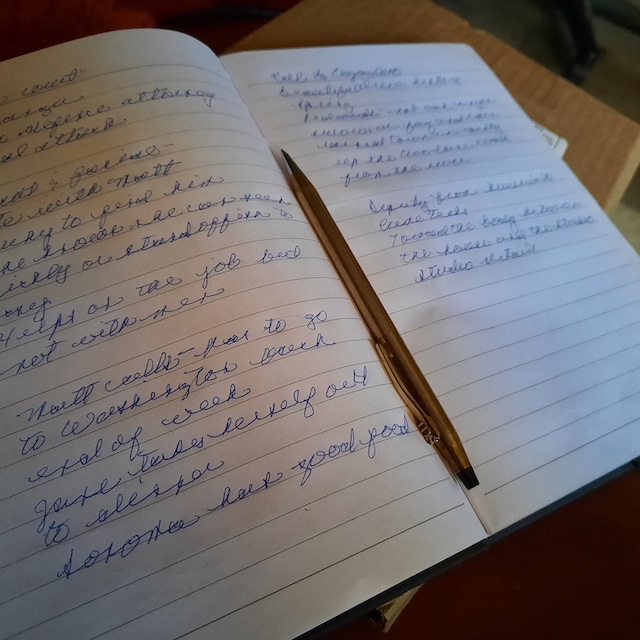Voice, Tone, and Mood: Your Author Style

When your reader finishes your story, they will remember your style. Your style impacts how they felt as they were reading. When you combine your style with a satisfying ending, they’ll remember your story long after they finish reading.
Voice, tone, and mood combine to create the style of your mystery story. Closely aligned the represent they way you tell your story. You want your writing to be invisible, but you want the style to resonate with your reader.
The three are so closely aliagned, it’s hard to tell them apart. But when it’s time to edit your story, working on the craft of your style will improve your reader’s experience while reading. More importantly, your style will help them recall their reading experience whenever they think of your book.
Novel Voice
Your writing voice is the way your reader “hears” the story. Voice is the way your writing comes across on the page. Readers recognize your voice. It’s one of the reasons they come back for every book in a series.
Just like your voice on the telephone, the voice your give your novel is yours, and it is distinct.
Voice comprises your syntax, vocabulary, paragraph structure, tone, point of view that makes phrases, sentences, and paragraphs flow in a particular manner. Your way.
You may write in short, clipped sentences or longer more expressive ones. Each paragraph could be two sentences or five. The way you write influences how your reader “hears” your story.
Voice is your personality coming through in your writing. Your distinct voice is part of your author brand.
Tone
Tone is a major component of your author voice. Tone reflects your attitude toward events in the story. For example, in first-person point of view, the narrator—your protagonist—expresses opinions about everything they encounter. And in third-person point of view the character’s actions and deep point of view thoughts establish the tone.
In a mystery, your detective sees clues and meets with suspects. Every encounter is an opportunity to express their attitude toward their job, the case, and the world around them.
While your voice is a constant, tone is the variable that changes with each scene or chapter.
Mood
Mood is the emotional atmosphere you create. A cozy mystery may be sassy and light-hearted even though it revolves around a crime. A noir mystery will create a sense of impending doom and the darkness that makes the story “noir”—French for black.
Traditional mysteries may have moments of darkness balanced with lighter moments with a sidekick, mentor, or love interest. While the mood may vary from scene to scene or chapter to chapter, your story will have an overall mood in the way you create the overall atmosphere.
How to Develop Your Writing Voice
Whether you know it or not, your writing has a voice. But beginning writers may want to strengthen their voice to make it more unique and memorable for readers.
To learn to use your voice, start by identifying your writing process. Identify what comes naturally to you, and then work on making improvements. For example, if you’re awkward at first, try writing with a type-pad, exercise book, or pad of paper at a coffee shop, instead of a piece of paper on your desk.
In a recent article, writer Laurie Melchor suggested three questions to help you make your writing voice stronger.
- What three words would you use to describe yourself as a writer?
- How do the people in your life describe your writing style?
- Look around at your favorite books, articles, even movies or TV shows: which voices resonate most with you?
And, of course, the best way to develop your voice is to keep writing. The more you practice, the stronger your voice.
Your Personal Author Style
Your voice is what your reader hears as they read. You can add to your voice with the attitude of tone and the atmosphere of mood. Together you’ll develop a strong voice that stays with the reader long after they’ve read your mystery.
Photo by Hussein Abdullah on Unsplash





